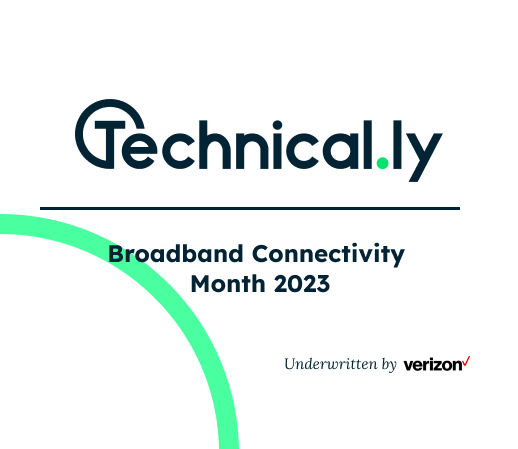The Pennsylvania Broadband Development Authority (PABDA) approved a five-year action plan last week for the state’s allocated Broadband Equity Access and Deployment (BEAD) funds.
This plan outlines how the $1.16 billion the commonwealth received from the federal BEAD program will be used.
A state broadband connectivity map was part of the process to determine how much funding Pennsylvania would receive. The map can also be used to plan how community stakeholders will eventually apply for the funding. The public was invited to submit challenges to the FCC’s map last winter to get the most accurate information about who was unserved or underserved in terms of internet access.
The five-year action plan was then developed based on feedback from the public and conversations with digital equity advocates. To gather that feedback, PABDA hosted community conversations across the state, opened a public survey, and allowed residents to submit comments about the draft action plan.
“There are more than 276,000 Commonwealth households without internet access and over 52,000 without reliable access,” said Brandon Carson, executive director of PABDA, in a statement. “The adoption of this plan puts us another step closer to making sure every Pennsylvanian has access to reliable, high-speed internet. Under the leadership of Governor Shapiro, we look forward to connecting communities across the Commonwealth.”
The plan outlines the current state of digital equity and access in Pennsylvania, identifying four main challenge areas the state faces. These include:
- Broadband services and infrastructure availability
- Digital equity and affordability
- Device and technology access
- Digital literacy and technical support
It goes on to explain the specific challenge areas the state faces and then outlines a plan to make Pennsylvania “Broadband Ready” by emphasizing local capacity, leveraging federal funding, attracting private investments, and establishing inclusive and flexible participating requirements.
The plan also discusses ways that PABDA will work with its partners to overcome the challenges outlined and emphasizes the importance of working with the communities in the state.
This plan has been submitted to the National Telecommunications and Information Administration for approval. Once the federal agency approves the plan, PABDA plans to begin giving out BEAD grants to applicants in 2024.
PABDA is also developing a Statewide Digital Equity Plan and continues to host community conversations and accept feedback through its survey to inform the creation of this plan. This digital equity plan has a fall deadline.
Sarah Huffman is a 2022-2024 corps member for Report for America, an initiative of The Groundtruth Project that pairs young journalists with local newsrooms. This position is supported by the Lenfest Institute for Journalism.
This editorial article is a part of Broadband Connectivity Month of Technical.ly's editorial calendar, underwritten by Verizon. Verizon is a Technical.ly Ecosystem Builder client.
Before you go...
To keep our site paywall-free, we’re launching a campaign to raise $25,000 by the end of the year. We believe information about entrepreneurs and tech should be accessible to everyone and your support helps make that happen, because journalism costs money.
Can we count on you? Your contribution to the Technical.ly Journalism Fund is tax-deductible.
Join our growing Slack community
Join 5,000 tech professionals and entrepreneurs in our community Slack today!

Congress votes to reauthorize the EDA, marking a historic bipartisan effort to invest in innovation and job creation

Everywhere you can properly recycle electronic waste in DC

Looking for a job? This strategy turns NotebookLM into your personal hiring coach



